Researchers choose between continuing virtually, in the fall, or next summer
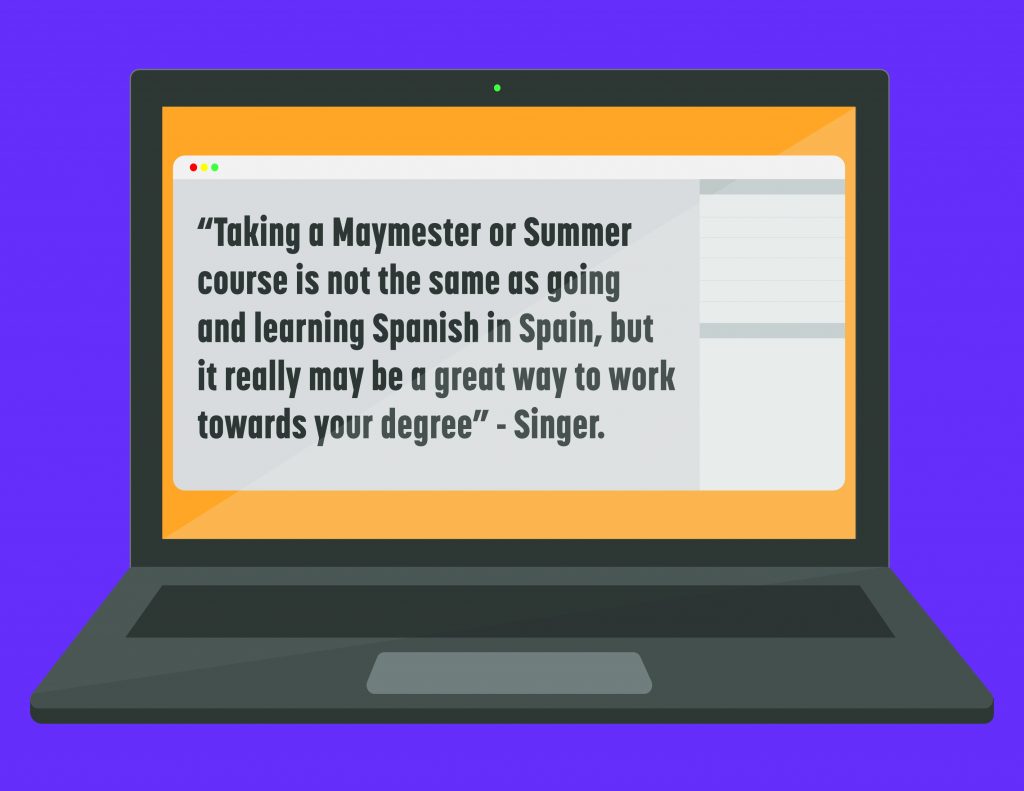
Maymester and summer courses at Rollins will be composed entirely of virtual classes. Both Hamilton Holt and College of Liberal Arts professors will teach courses at a distance due to projections showing that the coronavirus may not peak in Florida until early or mid-May.
Administration said that this decision was made with the safety of both students and faculty in mind.
“Campus is completely empty out of concern for the safety of everyone who works here,” said President Grant Cornwell. “We are complying with the Florida stay-at-home order and only having absolutely essential employees on campus.”
Maymester & Summer Classes
Dr. Susan Singer, vice president for Academic Affairs and Provost, said this Maymester is seeing a higher enrollment rate than last Maymester. Over 175 students enrolled after the first round of course selections were completed.
“Taking a Maymester or summer course is not the same as going and learning Spanish in Spain, but it really may be a great way to work towards your degree,” said Singer. “It may free up some space in your schedule next semester to take that one course you’ve always wanted to take but couldn’t quite fit in.”
Additional classes have been added to the summer schedule, including courses that focus on COVID-19 that help students make sense of the overabundance of coronavirus information.
“This spring, a group of faculty got together to focus primarily on the social science aspect of COVID-19, while bringing in a broad range of different perspectives,” said Singer.
A Maymester course taught by Dr. Teymuroglu and Dr. Stone will focus on the modeling and health communications of COVID-19.
Faculty will not be taking pay cuts during Maymester and summer, and they will be paid the same stipend they have been paid in previous years, said Singer.
Student-Faculty Research
Out of 50 applications, 34 student-faculty research proposals were accepted for this summer, but only seven are beginning as scheduled in May. The shift to virtual education means that collaboration between students and their professors cannot occur in person.
While concessions are being made to help students continue their research on schedule, it is up to individual students and faculty to make decisions regarding their research plans. Five groups have opted to postpone research until next summer.
“My group plans to meet, if possible, for a few weeks this summer for standard side-by-side collaboration,” said Christopher Fuse, co-director of the student-faculty research program. “In this situation, remote collaboration is a little easier, as my research is computational … Unfortunately, not many students and faculty have research as amenable to remote collaboration.”
Seven student-faculty research projects will begin as scheduled in May. Most of these groups will be attempting some form of in-person collaboration throughout the course of the summer.
“Student-faculty collaborative research as a biologist is something that has been a part of my life for 40 years, both as undergraduate research and as a mentor to probably over 150 summer research collaborations,” said Singer. “Of all the things that have really broken my heart, it is saying that we can’t have students and faculty working together physically.”
For those collaborations choosing to postpone until next summer, “they will not be required to resubmit their proposal during next year’s review and evaluation,” said Fuse.
Fuse said, “Dr. Patrone and I have been working with the provost to develop as many options as possible for the participants of the Student-Faculty Collaborative Scholarship program. We want to support these research projects in any way possible.”
Students who have changed their research in order to accommodate the shift from in-person collaboration will still be awarded their full scholarship, despite changes made to their original research proposal.
In addition, students will have the option to participate in the collaborative process in person once the fall semester begins. This is an option that 20 of the 34 total groups are contemplating, as they have postponed their decision making until Florida issues further information about when in-person meetings will be allowed.
“I’m being quite genuine when I say COVID-19 breaks my heart in so many ways. But summer research is the closest I’ve come to wanting to sit down and mourn,” said Singer.

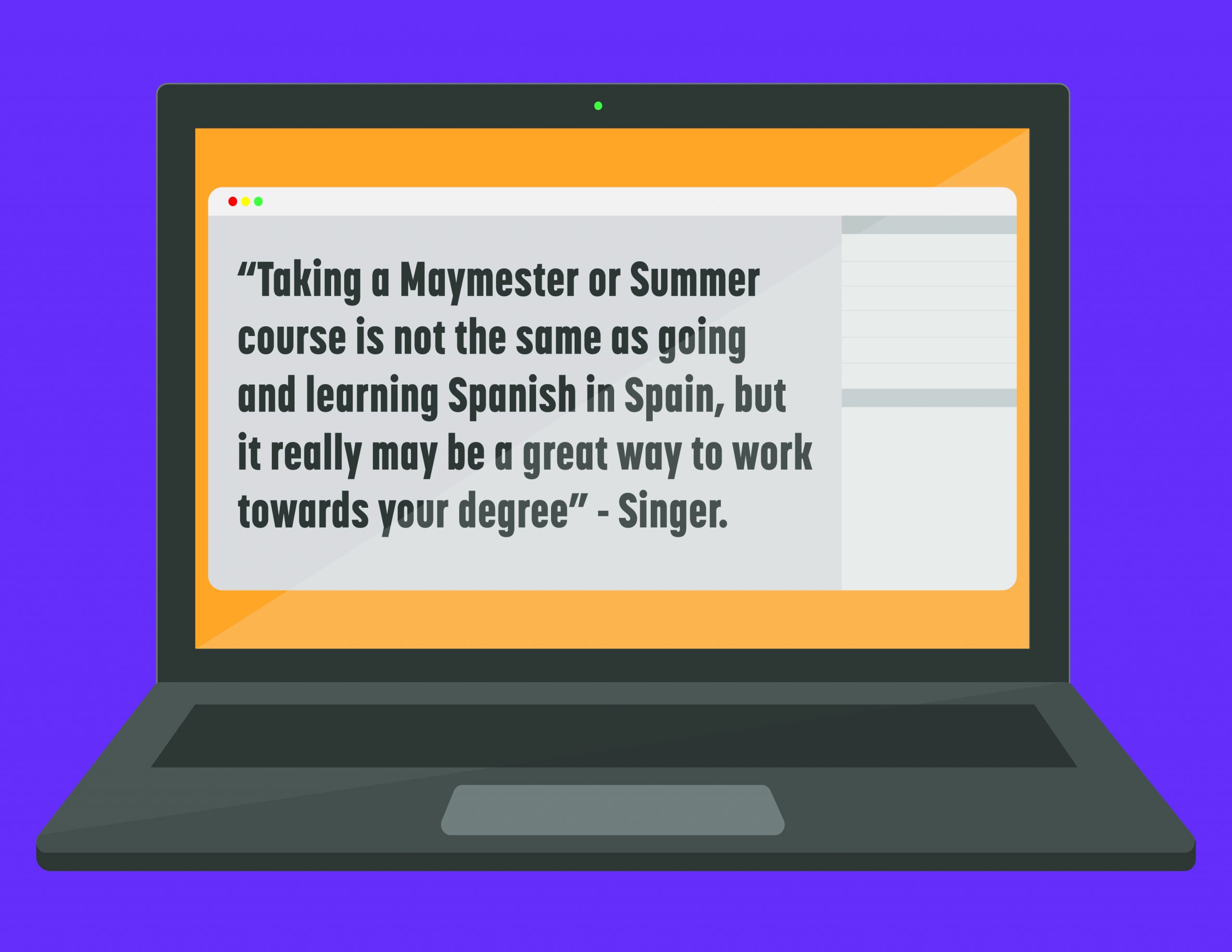

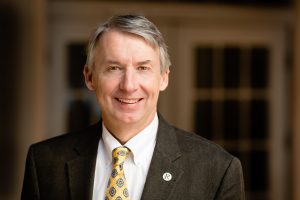
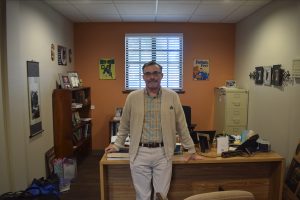
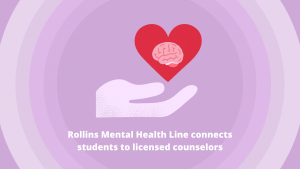
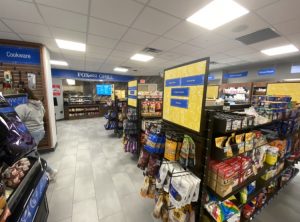
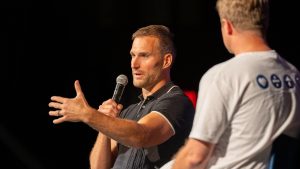
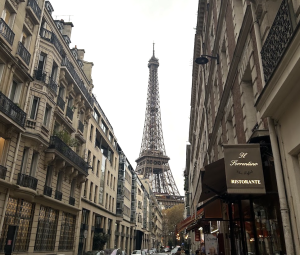
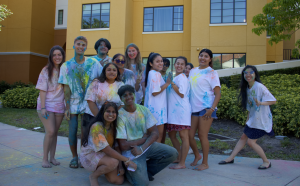
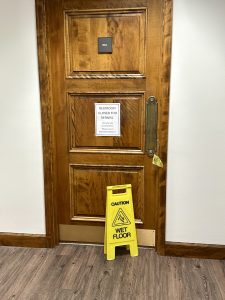


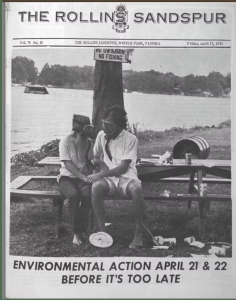




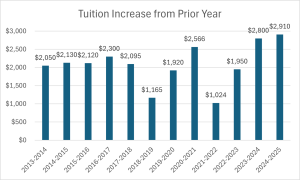

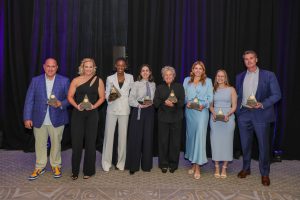

Comments are closed.